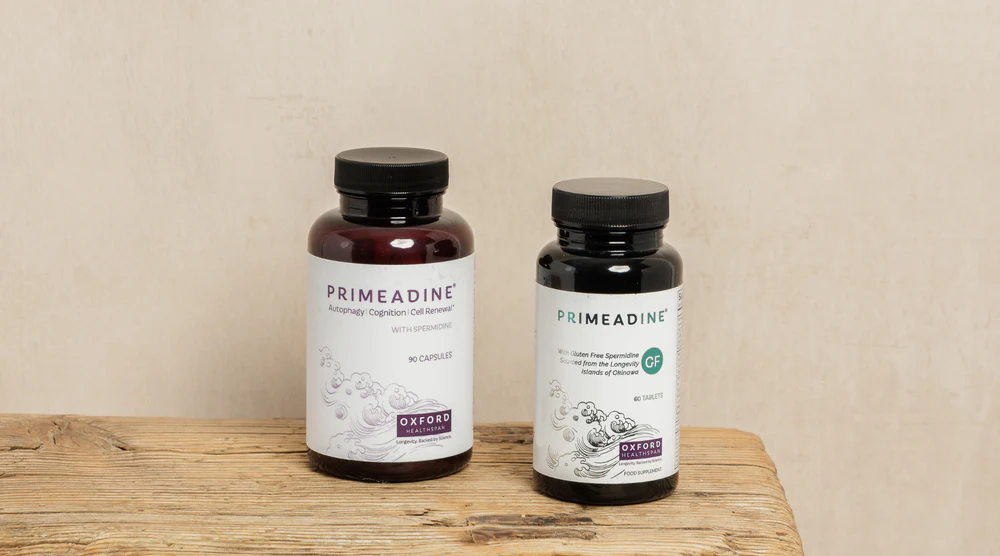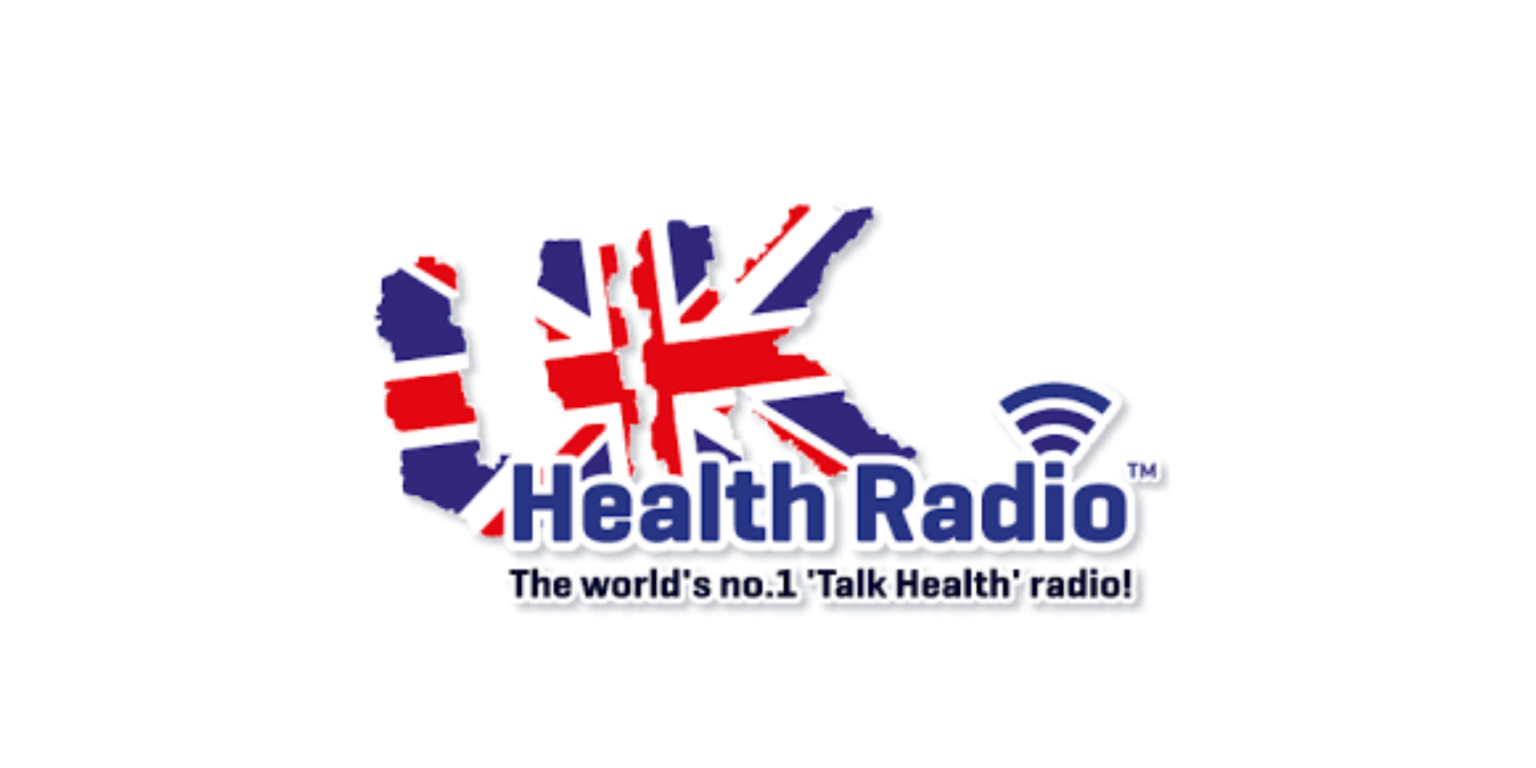WHY MANAGING YOUR STRESS LEVELS IS KEY TO MANAGING BLOOD SUGAR
Managing your blood sugar may be one of the most important things to do if you want to enjoy a long and healthy life and look good into your later years. Poor blood sugar control and chronic inflammation (which is also partly driven by high blood sugar) are two of the main underlying causes of many of the modern chronic diseases we see including diabetes, heart disease and cancer. Sugar also has an impact on how you look to and is responsible for breaking down ever diminishing supplies of collagen and elastin – both of which are crucial for keeping youthful, firm skin.
Over the last few weeks, I have been wearing a Freestyle Libre, continuous blood glucose monitor.
One thing that has been really interesting to see with my continuous blood glucose monitor is the effect of stress on my blood sugar levels regardless of what I’ve been eating.
One thing I have noticed is that after a poor night’s sleep my blood sugar levels are higher the following day. There was one night in particular recently that I recall when my young daughter woke up, having nightmares, She came into bed with my husband and myself and it was a particularly restless night. I didn’t sleep well and upon waking, my fasting blood glucose was significantly higher. What I have observed is that my fasting glucose upon waking is usually between 4.4 and 4.8 millimoles per litre, but after a disrupted night, it was 5.7. While this is still not so high that it tips into the uncontrolled range, it highlights the difference in reading between a good night’s sleep and a restless one. What was interesting is that my readings after food were also higher over the course of the next day.
We know that the immune system does not function as well when we are under stress. When we’re stressed, the immune system’s ability to fight off infections is reduced and so we are more vulnerable to infections.
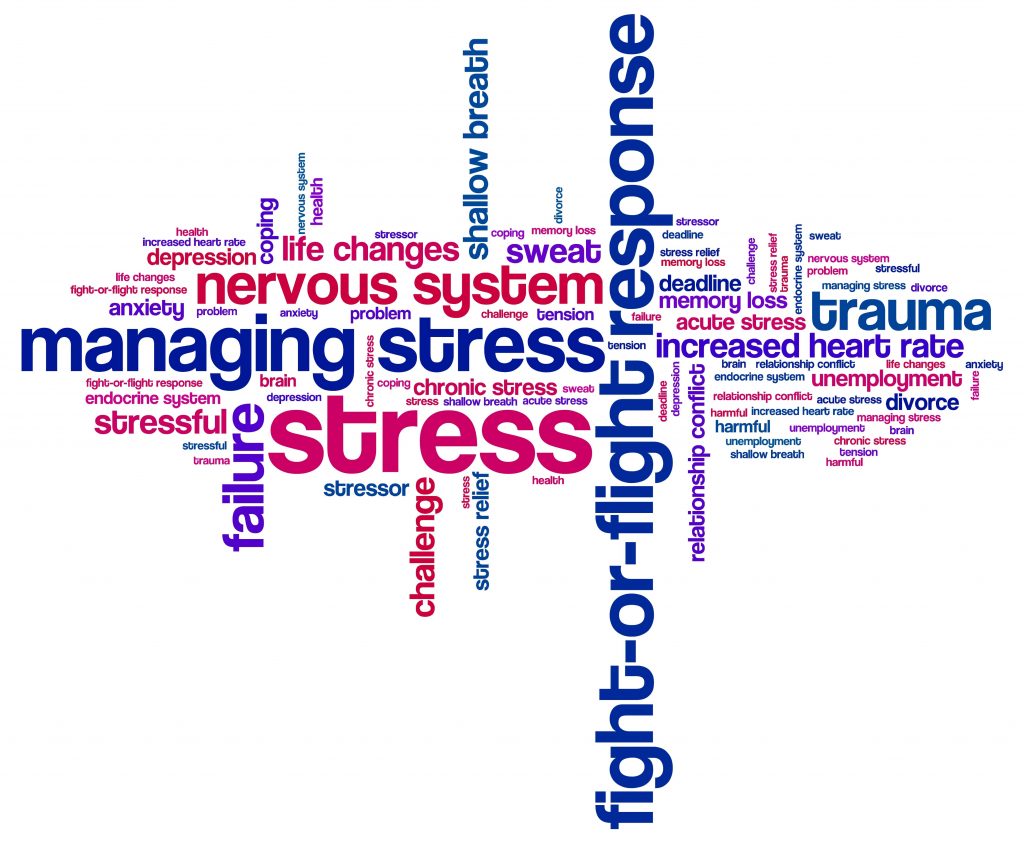
- Eat a predominantly plant based diet: eating healthily with a rainbow of fruit and vegetables that are high in polyphenols, some healthy fats like olive oil, omega-3s from oily fish, nuts and seeds and also some protein from things like grass fed organic pasture raised meat and wild fish are some of the healthiest way to keep your blood sugar levels consistently within a healthy range.
- Regular exercise: exercise has shown to be one of the best ways to increase insulin sensitivity. Exercising in the morning in a fasted state helps to make the most of this fat burning stage. High stress levels cause fat to be stored around the abdominal area leading to the dangerous visceral fat in the belly that creates the apple shape we so commonly see. This type of inflammatory fat wraps around your vital organs and increases your risk of chronic diseases such as heart disease diabetes and also shrinkage in the brain. Exercise helps to move sugar into the muscles for storage. It also promotes an immediate increase in insulin sensitivity, which lasts anywhere between 2–48 hours, depending on the exercise. Getting outside and going for a walk in nature has also been shown to dramatically reduce stress as has connecting with family and friends. Walking has been shown to get your creative juices flowing and also puts you in a better mood. And you get the added benefit of sunlight (which can boost Vitamin D and aligns your circadian rhythm) and fresh air.
- Mindful Breathing: Your breath is your superpower. Engaging in practices like meditation, breathwork and gratitude also significantly lower cortisol. Keeping cortisol low is important not just for body composition but also to enhance the quality of your sleep. Cortisol and melatonin have an inverse relationship. Melatonin, the hormone that encourages sleep is only adequately produced in the absence of cortisol. This is one of the main reasons that if you are not relaxed, you will not be able to fall asleep easily. Cortisol is not just a stress hormone, but is also our “waking up hormone” that promotes energy and alertness.
- Practice Gratitude: focusing on what you are grateful for has a powerful impact in lowering stress levels and improving happiness. I found my daily gratitude sessions with my children had a profound effect on lowering my blood sugar. One evening after a stressful day of working from home while home schooling three children (a new thing many of us are struggling with as part of the pandemic), I noticed that my blood sugar was rising. But practicing gratitude and connecting with my children, lowered this very quickly. As I was putting my children to bed, we engaged in our usual practice of gratitude where we focus on at least one to three things that we are grateful for that day. After practicing this with my children and talking about how much I loved them, when I checked my blood glucose monitor readings, I noticed that they had lowered back down pretty quickly and were now even within fasting range!

Managing our stress levels and also our blood glucose levels is really key to our health and longevity both in business and in life.
Share Article
Subscribe to receive the latest health tips
Get my latest health, fitness, biohacking, anti-aging tips, and podcast episodes delivered straight to your inbox.
Recent Podcasts

EP 466- The One Tiny Shift Changes Everything: How to Rewire Your Habits Without Willpower | Anne Laure Le Cunff
IHeart Rate Variability (HRV) is one of the most powerful biomarkers we have for understanding how well our body adapts to stress, and it’s a core focus in my BioSyncing® Blueprint. But what actually moves the needle on HRV the most?

EP 465 – How Stress and Missing Nutrients Impact Women’s Blood Glucose Control and Metabolic Health
IHeart Rate Variability (HRV) is one of the most powerful biomarkers we have for understanding how well our body adapts to stress, and it’s a core focus in my BioSyncing® Blueprint. But what actually moves the needle on HRV the most?
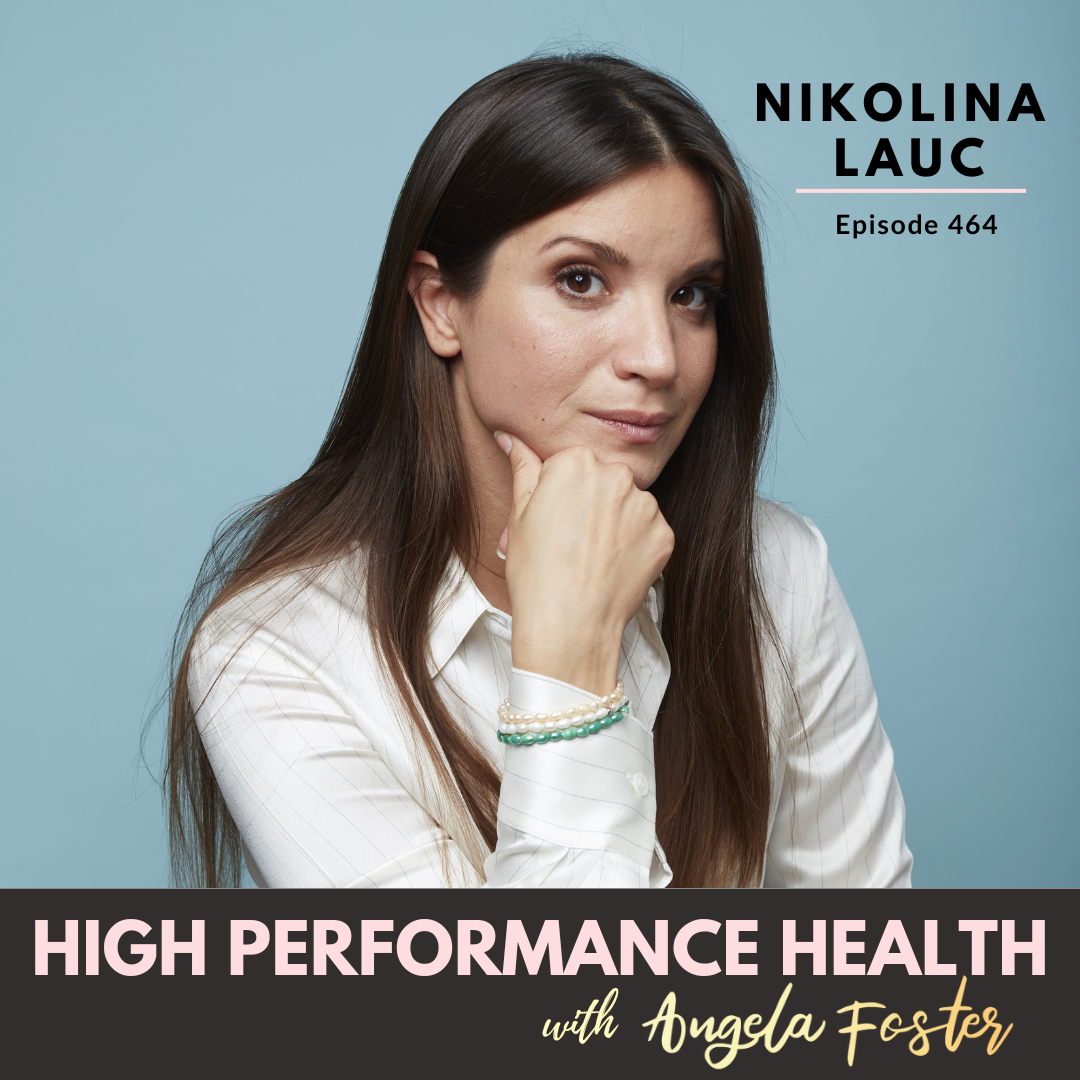
EP 464- How to Reverse Biological Age, Balance Hormones & Slow Down Ageing—The Power of Glycans for Women’s Health | Nikolina Lauc
IHeart Rate Variability (HRV) is one of the most powerful biomarkers we have for understanding how well our body adapts to stress, and it’s a core focus in my BioSyncing® Blueprint. But what actually moves the needle on HRV the most?
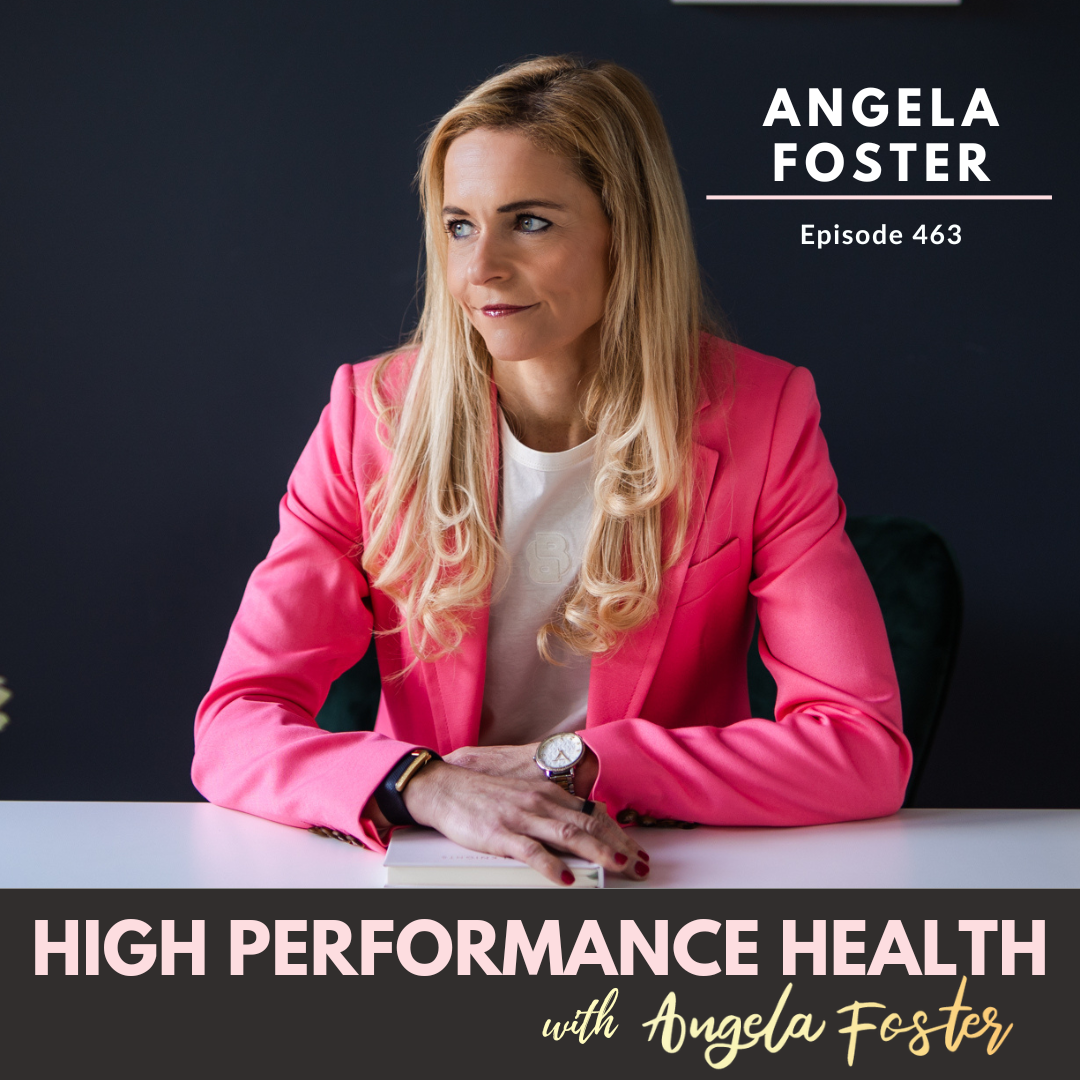
EP 463- 90-Second Success Formula Daily Habit Mastery for Achieving Your Goals
IHeart Rate Variability (HRV) is one of the most powerful biomarkers we have for understanding how well our body adapts to stress, and it’s a core focus in my BioSyncing® Blueprint. But what actually moves the needle on HRV the most?

